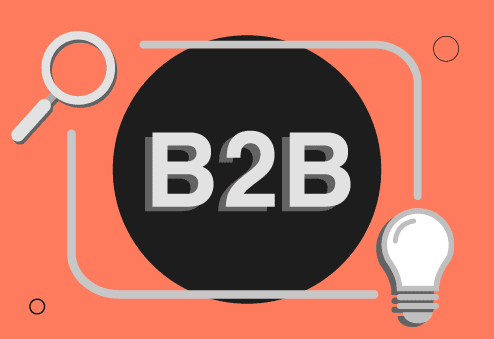In today’s fast-paced world, AI tools for research are revolutionizing how we gather, analyze, and interpret information. Whether you’re a student, academic, market researcher, or business strategist, AI can save hours of manual work and boost productivity. These tools automate everything from literature reviews to data summarization and insight generation.
This guide explores the 10 best AI tools for research in 2024, helping you choose the right solution based on your needs.
What Makes an AI Research Tool Effective?
Before diving into the list, it’s essential to understand what defines a good AI research tool. The most useful platforms offer:
- Advanced data analysis and summarization
- Source credibility and reference integration
- Custom research report creation
- Natural language processing for improved accuracy
Now, let’s explore the top tools transforming how research is conducted.
1. Scite.ai
Best for: Academic paper validation
Scite uses smart citations to show how scientific papers have been cited. It helps you evaluate the reliability of sources and track supporting vs. contrasting evidence.
2. Research Rabbit
Best for: Literature mapping and tracking
A visual tool that maps related research and makes literature discovery easy. Perfect for students and academics tracking paper clusters.
3. Consensus
Best for: Quick scientific insights
Consensus lets you search complex questions and returns AI-summarized answers based on peer-reviewed studies. Ideal for evidence-based research.
4. Elicit
Best for: Literature review automation
Elicit automates parts of the literature review process, using machine learning to find relevant papers and summarize key findings.
5. ChatGPT
Best for: Brainstorming and summarization
ChatGPT (like this one!) helps researchers with idea generation, summarizing articles, and converting data into structured text—great for both academic and business use.
6. Connected Papers
Best for: Visual research exploration
It lets you explore academic papers in a visual graph, making it easier to understand how research fields are connected.
7. Genei
Best for: Content summarization and note-taking
Genei summarizes long-form research content and lets users tag, annotate, and organize their notes efficiently.
8. QuillBot
Best for: Paraphrasing and grammar checking
While not a traditional research tool, QuillBot helps researchers rephrase content, improve clarity, and avoid plagiarism.
9. Zotero
Best for: Reference and citation management
Zotero is a trusted citation manager that integrates well with browsers and Word to organize sources seamlessly.
10. Jasper AI
Best for: Market research and content creation
Jasper is widely used for market research tasks—writing reports, summarizing findings, or creating visual insights based on data.
11. Narrato AI
Best for: Marketing research
Narrato is an AI content creation platform that offers various AI tools for marketing research. There’s an SEO brief generator, that helps with keyword research as well as competitor research. For general research, the platform also offers an AI Chat tool.
Why Use AI Tools for Research?
Using AI tools for research allows you to:
- Save time by automating repetitive tasks
- Get accurate summaries from vast datasets
- Enhance collaboration through shared dashboards
- Avoid missing relevant literature or sources
Whether you’re doing academic writing or preparing a competitive market analysis, AI boosts both quality and efficiency. Whether you’re doing academic writing, preparing a competitive market analysis or even creating an AI travel app, AI boosts both quality and efficiency.
AI is rapidly changing how research is conducted. With these AI tools for research, you can work smarter, reduce manual errors, and unlock new insights with ease.
- Choose Trello if your team prefers a simple, visual interface and works on straightforward projects.
- Choose Asana if your team handles detailed projects that require heavy task tracking, dependencies, and reporting.
👉 Related: Want to see how AI is revolutionizing other industries? Check out our article on How AI and Automation Are Transforming Human Resources to explore how intelligent tools are reshaping HR processes from recruitment to employee engagement.
Conclusion
The landscape of research is evolving, and leveraging AI tools for research can significantly enhance the way we collect, interpret, and present information. Whether you’re conducting academic studies, writing a thesis, or doing market research, these AI-powered platforms can streamline your workflow, reduce time spent on manual tasks, and improve the quality of your output.
As AI technology continues to grow, integrating these tools into your research process isn’t just smart—it’s essential. Try a few from this list and see how they transform your productivity and insight generation.
FAQs about 10 Best AI Tools for Research
What are AI tools for research?
AI research tools use artificial intelligence to help collect, analyze, and summarize data, often in real-time, for academic or business use.
Can I use AI tools for academic research?
Yes. Tools like Scite, Elicit, and Consensus are designed for academic integrity and support citation-based research workflows.
Are these AI tools free to use?
Many offer freemium models—free plans with optional premium upgrades. Tools like Zotero and Research Rabbit have free core features.
How accurate are AI tools for research?
Accuracy depends on the tool’s data sources and algorithms. Always cross-check results with original sources for high-stakes research.




